How To Keep Your Brain Healthy With Supplements
We supplement to keep our heart healthy, our skin balanced and to meet the nutritional needs our diets may be lacking. But evidence is mounting that we should also be taking supplements to increase and preserve the health of our brains. While clinical trials haven’t completely proven or disproven the efficacy of all vitamins to enhance brain health, there is evidence that omega-3 fatty acids, B vitamins and a phospholipid called phosphatidylcholine could help keep our brains healthy, active and free from disease as we age.
Read on to explore the reasons you should be supplementing for the health of your brain and what omega-3 fatty acids, B vitamins and phosphatidylcholine can do for you.
Omega-3 Fatty Acids
Omega-3 fatty acids have a host of health benefits. They have been shown to lower elevated triglyceride levels, curb joint pain from rheumatoid arthritis and lower inflammation from asthma. But omega-3 fatty acids have also been shown to have a significant impact on brain health and function. According to the University of Maryland Medical Center, omega-3 fatty acids are highly concentrated in our brains and appear to be important for cognitive and behavioral function. Being deficient in omega-3 fatty acids can result in fatigue, poor memory, mood swings and depression.
In a study from Biological Psychiatry, patients suffering from depression showed lower levels of omega-3 fatty acids and docosahexaenoic acid (DHA), a specific type of omega-3 fatty acid. According to the University of Maryland Medical Center, several studies have shown that taking an omega-3 fatty acid supplement in addition to prescribed antidepressants can produce a greater improvement in the symptoms of depression than antidepressants alone. Other studies link omega-3 fatty acid with the prevention of postpartum depression.
A double-blind, placebo-controlled study published in JAMA Psychology observed the effects of omega-3 fatty acid supplements in patients with bipolar disorder. Researchers postulated that omega-3 supplements could be effective in treating the disorder because of the way it inhibits neuronal signal transduction pathways similarly to two effective prescribed treatments, lithium carbonate and valproate. In the study, omega-3 supplements improved the short-term course of illness with no side-effects.
While depression and bipolar disorder are both serious conditions that should be treated by a doctor, the benefits of omega-3 supplementation are clear. The impact it could have on your brain health and the health of your whole body are well worth it.
B Vitamins
B vitamins are another group of supplements with myriad health benefits for the brain and the body. The B vitamins, like thiamine, riboflavin, B6, B12 and folic acid, are associated closely with the health of red blood cells, nerves, the heart and, of course, the brain. Let your B vitamin levels dip too low and you could find yourself faced with anemia, memory loss, fatigue, weakness and digestive problems.
Vitamin B12, in particular, has been associated with maintaining the health of the aging brain. One case, studied in the Primary Care Companion to the Journal of Clinical Psychiatry, observed a 66-year-old woman presenting with severe depression, psychosis and apathy towards life. She was deficient in B12 and, according to the study, her symptoms were almost entirely reversed with B12 injections.
According to an article from the New York Times, B vitamins have also been shown to protect the brain against Alzheimer’s disease. The article cites a two-year study from the University of Oxford in which 270 individuals 70 years old or older with mild cognitive impairment and low levels of B12 were observed. Those treated with a high dose of B12 showed reduced cerebral apathy.
The National Academy of Medicine, as cited in the New York Times, recommends that adults 50 years or older get 2.4 micrograms of B12 from foods fortified with the vitamin or in the form of a supplement. Stomach acid is required for the release of B12 from foods and the Academy estimates that of people 50 years or older, between 10 and 30 percent lack the required acid for release. A synthetic version, like that found in a supplement or fortified food, bypasses this requirement.
Phosphatidylcholine
Forbes Magazine called phosphatidylcholine “a powerful brain-boosting supplement you’ve never heard of.” While most of the studies of phosphatidylcholine have been conducted on the prenatal brain, its reach is expanding to the prevention of cognitive decline and the onset of Alzheimer’s and dementia as we age. Forbes cites studies conducted by Princeton University scientists Elizabeth Gould and Charles Gross that found phosphatidylcholine was able to stimulate the growth of new brain cells and neural connections that was previously thought to be impossible after a certain age. This represents a new frontier in brain health preservation and restoration.
Supplementation with omega-3 fatty acids, B vitamins and phosphatidylcholine, in addition to a healthy diet and an active mind, may pave the way for a healthier brain long into old age.

